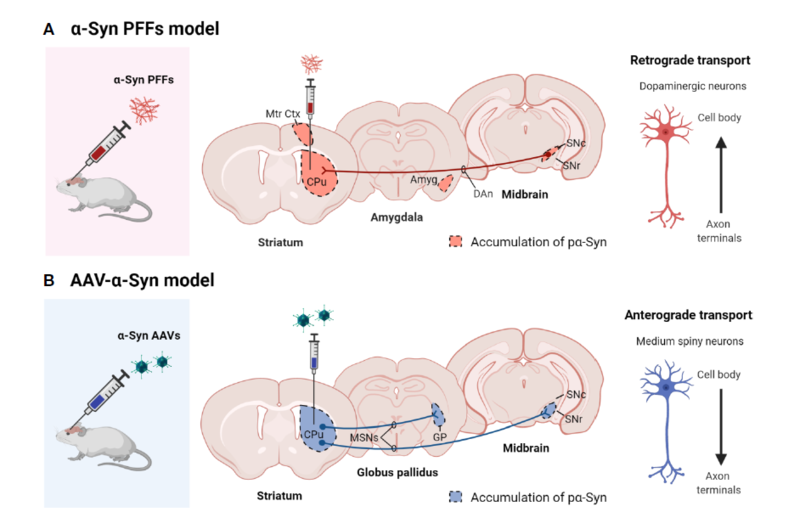Innovative Deep Brain Stimulation Technique Enhances Life for Conductor with Parkinson's Disease

CLEVELAND — A revolutionary approach to treating Parkinson’s disease has significantly improved the quality of life for Rand Laycock, a 70-year-old music conductor diagnosed with the condition in 2014. Laycock, who has dedicated nearly five decades to leading his community orchestra, recently underwent a procedure known as adaptive deep brain stimulation (ADBS), a cutting-edge advancement in neurological treatment, which has enabled him to better manage his symptoms and continue his artistic endeavors.
According to Dr. Michal Gostkowski, a neurologist at Cleveland Clinic, the conventional deep brain stimulation procedure involves implanting electrodes into specific areas of the brain. "It’s very effective for treating tremors and reducing medication needs," Dr. Gostkowski explained. However, he cautioned that the procedure does not address all Parkinson’s symptoms, such as gait issues or cognitive decline.
As Laycock experienced a resurgence of symptoms despite medication adjustments, he consulted with Dr. Gostkowski, leading to the recommendation for deep brain stimulation. "We had very forward, frank discussions, and for him, it was just improving the tremor, improving the dyskinesias," Dr. Gostkowski noted.
Following the surgery last year, Laycock reported a remarkable turnaround. He was able to upgrade to ADBS, which offers the advantage of being automatically controlled. "It’s like driving a car that’s got stick shift versus a car that’s got automatic," Laycock explained, highlighting the ease and effectiveness of the new technology.
ADBS represents a significant leap forward in the treatment of Parkinson’s disease. According to a 2022 study published in the *Journal of Neurology*, ADBS improves patient outcomes by adapting stimulation levels based on real-time feedback from the brain, allowing for more tailored treatment. The study, led by Dr. Emily Tran at Johns Hopkins University, emphasizes the technology’s potential to enhance patient quality of life significantly (Tran et al., 2022).
Despite the promising results of ADBS, Dr. Gostkowski noted that many patients remain unaware of deep brain stimulation as a treatment option. He encourages individuals with Parkinson’s disease to discuss the possibility with their healthcare providers.
Laycock’s success story sheds light on the broader implications of ADBS technology. As the global population ages, the prevalence of Parkinson’s disease is expected to rise, with the World Health Organization estimating that the number of people affected will double by 2040. Consequently, advancements in treatment options like ADBS could play a crucial role in managing the disease's impact on individuals and healthcare systems worldwide.
As Laycock prepares to celebrate his 50th anniversary with his orchestra, he reflects on his journey with Parkinson’s disease and the role that innovative medical technology has played in allowing him to pursue his passion. "I want to be around for that," he stated, underscoring the importance of continued investment in research and development for Parkinson’s disease treatments.
In conclusion, the case of Rand Laycock exemplifies the potential of adaptive deep brain stimulation to transform lives, highlighting the intersection of medical innovation and patient-centered care. As awareness of such technologies grows, it is imperative that healthcare professionals advocate for patients to explore all available treatment options, ultimately paving the way for improved outcomes in managing Parkinson’s disease and enhancing the quality of life for those affected.
Advertisement
Tags
Advertisement





